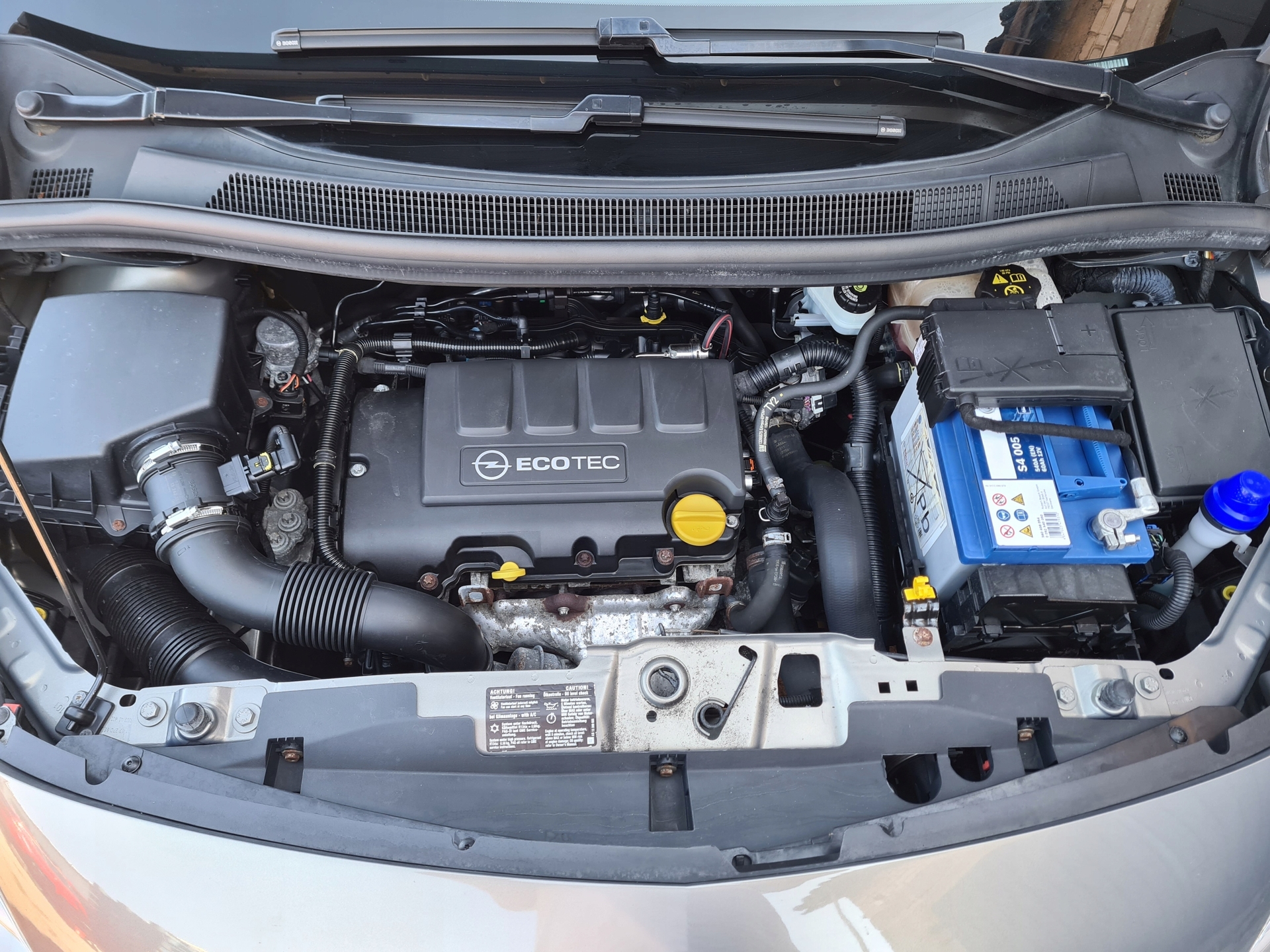
Opel turbo motor sorunları ve önlemenin yolları
Canlı yayınlarda ilan gönderdiğiniz vakit temkinli yaklaştığım ve uyardığım otomobillerde bugün...
Opel 1.0T (B10XFL/B10XFT), 1.4T (B14XFL/B14XFT) ve 1.6T (A16XHT/A16SHT/B16SHT) motorlar, 2010-2020 yılları arasında üretilen SIDI (Doğrudan Enjeksiyonlu Ateşleme) ailesine ait. 1.0T 90/105/115 HP, 1.4T 125/150 HP, 1.6T ise 170/200 HP güç üretiyor. Her üç motor da performans ve verimliliği artırmak için direkt enjeksiyon ve turbo kullanıyor. Bu motorlar Adam, Corsa, Astra, Insignia ve Mokka gibi birçok Opel modelinde ve Chevrolet Cruze'da yer aldı.
1. Piston ve Motor Arızaları
- Piston ve segman kırılması, SIDI motorlarında yaygın. LSPI (Düşük Devir Ön Ateşlemesi) bu sorunun başlıca nedeni olarak gösteriliyor ve şiddetli vuruntuya yol açarak pistonun hasar görmesine neden oluyor.
- Otomatik şanzımanlı araçlarda LSPI daha yaygın, çünkü düşük devirde kötü kalibrasyon motorun yük altına girmesine neden oluyor (vites düşürmeden aniden hızlanmaya çalışma, gibi). Şanzıman yazılım güncellemeleri, bu sorunları önlemek için öneriliyor.
- A14NET (140 HP'lik 1.4T) ile A16LET (180 HP'lik 1.6T) üniteler farklı: Astra J ve Insignia modellerinde kullanılıyorlar ve direkt değil, endirekt enjeksiyonlular. Hararetli çalıştıkları için soğutma sistemi ilgi istiyor ve LPG takılmış ise subap uzatıyor.
- A14NET (Euro5), 2015'in ikinci yarısından itibaren (makyajlı Astra J'yle beraber) yerini güncellenmiş B14NET'e bıraktı; bu ünite Euro6, sıkıştırma oranı 9.5:1, revize emme manifold/sensör düzeni ve PCV/kapak tasarımına sahip, LPG uyumlu ve daha sorunsuz.
2. Bakım Uygulamaları
- LSPI ve piston kırılma riskini azaltmak için oktan artırıcı ve Dexos1 Gen3 yağı kullanımı öneriliyor. Bu yağın kullanımı hasar olasılığını azaltırken, düşük kaliteli yakıt ve yağ kullanımı ise sorunu artırıyor.
- Bujilerin erken değiştirilmesi ve motora düşük devirlerde aşırı yüklenilmemesi gerekiyor.
3. Isı Yönetimi ve LPG
- Opel 1.4T, diğer çoğu motordan daha sıcak çalışıyor ve yağ soğutucuları ile termostat yazılımı gerekli modifikasyonlardan bazıları. LPG takmak daha yüksek sıcaklıklara neden olduğundan, motor hasarı riskini artırdığı için riskli görülüyor.
- Bazı kullanıcılar LPG’nin yüksek oktan sayısı ve kurum oluşturmaması nedeniyle faydalı olduğunu düşünse de, yine de dikkatli yönetim gerektiriyor (termostat modifikasyonları, iridyum bujilerin kullanımı ve uygun yağlamanın sağlanması).
4. Şanzıman ve Yazılım Sorunları
- Otomatik versiyonlardaki şanzıman kalibrasyon sorunları, piston arızalarıyla ilişkilendiriliyor. Özellikle düşük devirlerde vites değiştirme eğilimi az olduğunda LSPI meydana geliyor ve bu sorunu önlemek için şanzıman yazılımının güncellenmesi öneriliyor.
- Ani gaz verme veya yanlış viteste sert hızlanma da motor hasarının, özellikle piston arızalarının tetikleyicileri arasında.
5. Diğer Yaygın Sorunlar
- Yağ soğutucu arızaları özellikle yeni 1.6T motorlarda sıkça dile getirilen sorunlardan. Eski Opel motorları, özellikle atmosferik 1.2L ve 1.4L ile 1.3L dizel motorlar, yeni nesil turbolara göre daha güvenilir.
- Subap sorunları (özellikle subap uzaması), daha çok 1.6T'de bir sıkıntı. 1.4T, daha dayanıklı atmosferik Corsa motorlarıyla aynı bloğu paylaşıyor ve bu nedenle bu sorun daha az yaygın.
6. Maliyet ve Dayanıklılık
- Birçok kullanıcı, piston veya motor arızası sonrası yüksek tamir maliyetleriyle karşılaştı. Motor değişimi veya onarımı için 50.000 ile 200.000 TL arasında masraflar çıkabiliyor. Bazı durumlarda bu arızalar meydana geldikten sonra, motor tamir edilse bile tam performansına geri dönmeyebiliyor.
7. Önleme Önerileri
- Kaliteli yağ (Dexos1 Gen3) ile oktan artırıcı kullanın ve buji ve filtrelerinizi düzenli olarak değiştirin.
- Düşük devirde motoru yüksek yük altına sokmamaya dikkat edin.
- Ekstra soğutma çözümleri (yağ soğutucular, termostat yazılımı) monte etmeyi düşünün.
Sonuç
Opel'in 1.0T, 1.4T ve 1.6T motorları, özellikle düşük kaliteli yakıt ve yağ kullanımı veya motorun alt devirlerde sık tutulması durumunda piston ve LSPI kaynaklı arızalara eğilimli. Bu sorunları önlemek için düzenli bakım, yüksek kaliteli yakıt ve yağ kullanımı, ayrıca şanzıman güncellemeleri diğer modifikasyonlar kritik öneme sahip.
Kaynak
YouTube kanalımda yapılan kullanıcı yorumlarından derlenmiştir.


10 Yorum